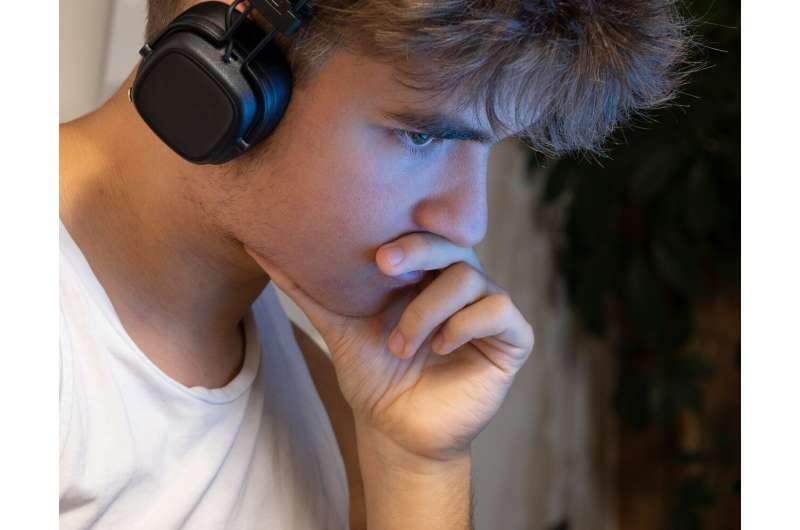Atopic Eczema and Mental Health: Elevated Risk of Suicidal Thoughts Uncovered in Large International Study

A large international study reveals that adults with atopic eczema face a significantly higher risk of suicidal thoughts, emphasizing the need for integrated mental health support in eczema management.
A comprehensive international study presented at the European Academy of Dermatology and Venereology (EADV) Congress 2025 has found a significant link between atopic eczema (AE) and an increased risk of suicidal thoughts among adults. The research, known as the "Scars of Life" study, involved 30,801 participants from 27 countries in 2024, including 15,223 adults with a doctor-confirmed current diagnosis of AE and 7,968 controls without the condition.
Participants with AE were assessed based on age of onset—whether during childhood, adolescence, or adulthood—and completed detailed online questionnaires. The questionnaires captured sociodemographic information, severity of skin symptoms like itching and pain, AE severity, and social experiences such as stigmatization.
Results demonstrated that 13.2% of adults with AE experienced suicidal ideation, notably higher than the 8.5% reported among controls. This elevated mental health risk persisted across all subgroups of AE, regardless of age at onset, emphasizing the widespread psychological burden associated with the condition.
Atopic eczema is a chronic inflammatory skin disorder affecting over 200 million people globally. It manifests as recurring episodes of dry, itchy, and inflamed skin, but its impact extends beyond physical discomfort. The condition is increasingly recognized for its profound effects on mental health, including anxiety, depression, and social stigma, which can severely affect quality of life.
The study further identified key factors associated with higher risks of suicidal thoughts. Younger adults (under 30 years) with AE were particularly vulnerable, with odds ratios indicating a 1.6 times higher likelihood. Obesity, moderate to severe AE, intense pruritus (itching), skin pain, and high overall symptom severity also significantly increased the risk.
Psychosocial aspects played a critical role, with adults experiencing greater stigmatization and sleep disturbances—especially those with insomnia—more likely to report suicidal thoughts. Sleep difficulties, such as trouble falling asleep or staying asleep, were linked to an 1.78 times higher risk.
Dr. Delphine Kerob, a leading researcher involved in the study, highlighted the importance of these findings. She stated, "Our large-scale research sheds light on the often-overlooked long-term mental health consequences of living with atopic eczema. The impact goes much deeper than skin symptoms, with suicidal ideation being a serious concern." She emphasized the need for healthcare professionals to recognize these risks and incorporate mental health assessments into routine care.
Looking ahead, researchers are exploring why rates of suicidal ideation differ across countries, considering cultural factors. The ongoing analysis aims to better understand the underlying causes and improve comprehensive care strategies for those affected.
This study underscores the importance of addressing mental health as an integral part of managing atopic eczema, advocating for more holistic patient support and intervention strategies.
(Source: https://medicalxpress.com/news/2025-09-surface-atopic-eczema-linked-significantly.html)
Stay Updated with Mia's Feed
Get the latest health & wellness insights delivered straight to your inbox.
Related Articles
Understanding Who Benefits Most from Digital Well-Being Applications
A recent Finnish study reveals how individual characteristics influence the adoption and engagement with digital well-being apps, highlighting the importance of personalized approaches for promoting mental wellness.
UK Child Sexual Abuse Survivors Report Severe Support Gaps and Long-Lasting Impact
A new report reveals severe gaps in support for child sexual abuse survivors in the UK, highlighting long-lasting impacts and systemic failures. Survivors' voices call for urgent reforms to provide justice, awareness, and long-term care.
Record High in Gun Suicides in the United States in 2023
In 2023, gun suicides in the U.S. reached a historic high, making up over half of all gun-related deaths. Young people and older men are most affected, highlighting urgent need for targeted prevention efforts.



